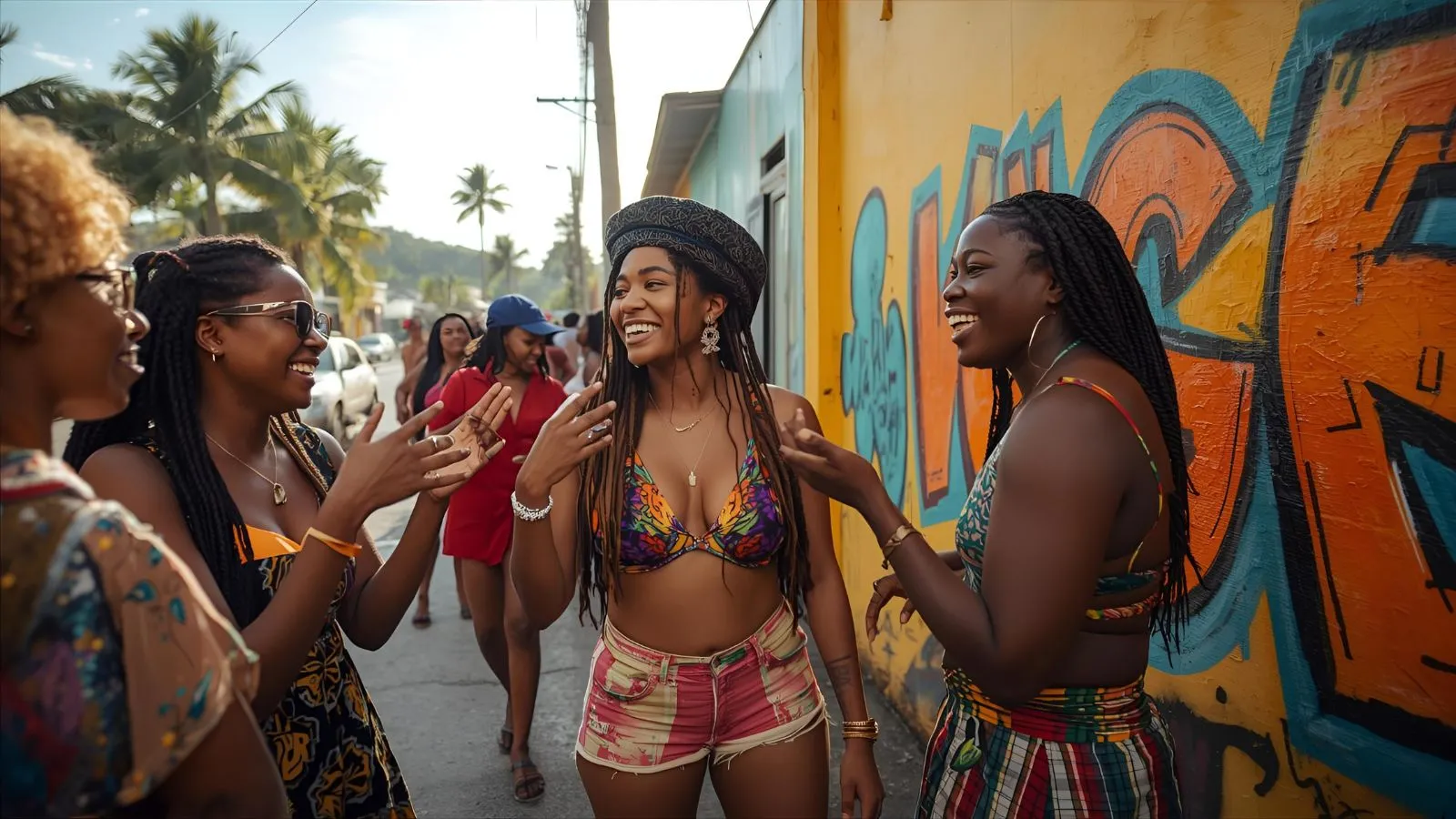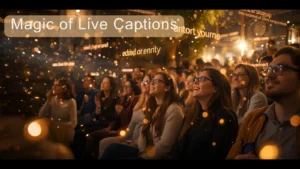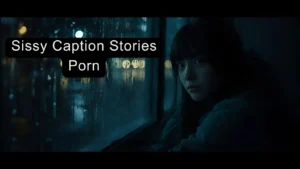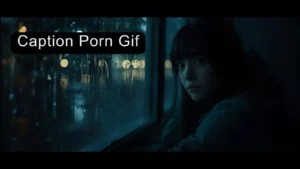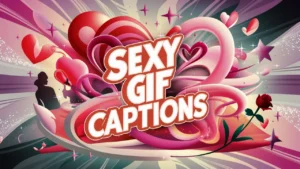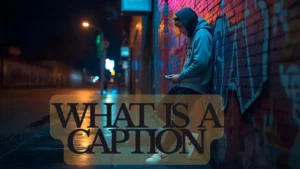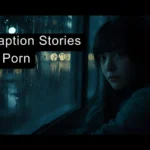Language is alive—it grows, shifts, and reinvents itself with every generation. Few forms of speech capture this dynamic nature as vividly as Jamaican slang.
Rich in history, rhythm, and creativity, Jamaican slang is more than a way of speaking—it is an identity marker, a cultural code, and a musical language that resonates far beyond the shores of Jamaica.
From reggae lyrics to TikTok trends, Jamaican expressions have spread globally, shaping popular culture and everyday speech in ways that often surprise non-Jamaican listeners.
As of 2025, the evolution of slang in Jamaica reflects not only tradition but also digital culture, diaspora influences, and the unfiltered energy of youth expression.
This article explores Jamaican slang in depth—its meanings, cultural roots, and modern adaptations—while also giving you practical alternatives for different contexts (polite, professional, and casual).
Whether you’re a linguist, traveler, artist, or simply someone curious about vibrant languages, this guide will equip you with both knowledge and authentic understanding.
The Roots of Jamaican Slang
Jamaican slang draws from a mosaic of influences:
- West African languages (brought through the transatlantic slave trade).
- English and British dialects (due to colonial history).
- Spanish (remnants of early Spanish rule).
- Arawakan words (from the island’s original inhabitants, the Taíno).
- Rastafarian speech (which reshaped standard words into expressions of resistance and spirituality).
Unlike standard English, Jamaican Patois (often written as Patwa) is not simply broken English—it is a full, rule-governed language. Slang operates within this framework, carrying meanings that reflect Jamaican creativity, humor, struggle, and pride.
Jamaican Slang in 2025: What’s New?
As of 2025, Jamaican slang has expanded in two major ways:
- Digital Slang and Social Media Influence
WhatsApp, TikTok, and Instagram Reels have created micro-slang—phrases that originate in short videos, memes, or voice notes. For example:
- “Send di link, nuh!” now has a broader meaning: “Keep me in the loop” or “Don’t leave me out,” often said online.
- “Mi ago viral, watch!” (I’m going viral, just watch!) is a modern boast.
- “Send di link, nuh!” now has a broader meaning: “Keep me in the loop” or “Don’t leave me out,” often said online.
- Diaspora Infusion
Jamaicans in London, New York, Toronto, and Miami mix local slang with Jamaican roots. Words like “mandem” (from London Jamaican circles) have been re-imported into Jamaica, blending cultures. - Youth-Created Terms
Teens coin fresh terms almost monthly. For instance, in 2025:
- “Chop life” has become a popular slang for enjoying yourself fully, regardless of worries.
- “Linky dem” refers to close friends who are always available to support you—an update to the older “crew” or “posse.”
- “Chop life” has become a popular slang for enjoying yourself fully, regardless of worries.
The Power of Context in Jamaican Slang
Slang can sound playful in casual settings but inappropriate in professional spaces. The brilliance of Jamaican language lies in its ability to switch tones:
- Casual tone: relaxed, everyday speech with friends.
- Professional tone: code-switched English, respectful and clear.
- Polite tone: softer, considerate phrasing that keeps cultural warmth without sounding rough.
When learning Jamaican slang, mastering this balance is key. Below, we’ll explore 10 core slang expressions with their meanings, tones, and alternatives.
10 Jamaican Slang Expressions and Their Alternatives
1. Wah Gwaan
- Meaning: “What’s going on?” / “How are you?”
- Casual: “Wah gwaan, mi bredda?” → “What’s up, bro?”
- Polite: “How have you been keeping?”
- Professional: “Good morning, how are you today?”
2. Mi Deh Yah
- Meaning: “I’m here” / “I’m doing fine” (response to Wah Gwaan).
- Casual: “Mi deh yah, just a chill.” → “I’m here, just chilling.”
- Polite: “I’m doing well, thank you.”
- Professional: “I’m fine, I appreciate you asking.”
3. Small Up Yuhself
- Meaning: “Make room” / “Shift over a little.”
- Casual: “Small up yuhself pon di bench.” → “Scoot over on the bench.”
- Polite: “Could you make a little space, please?”
- Professional: “Would you mind adjusting so there’s more room?”
4. Yute
- Meaning: “Young person” / “Friend” (context decides tone).
- Casual: “Yute, yuh see dat?” → “Bro, did you see that?”
- Polite: “My friend” / “Young man.”
- Professional: “Colleague” / “Associate.”
5. Big Up
- Meaning: “Respect” / “Give credit” / “Shout out.”
- Casual: “Big up di crew.” → “Shout out to the crew.”
- Polite: “Much respect to you.”
- Professional: “Acknowledgments and appreciation.”
6. Criss
- Meaning: “Excellent” / “Stylish” / “Top-quality.”
- Casual: “Dat car criss, star!” → “That car is fire!”
- Polite: “That’s impressive.”
- Professional: “That’s of excellent quality.”
7. Tun Up
- Meaning: “Exciting” / “Lively” / “Intense.”
- Casual: “Di party tun up!” → “The party is lit!”
- Polite: “The event was very lively.”
- Professional: “The engagement level was remarkably high.”
8. Irie
- Meaning: “Good” / “Peaceful” / “Alright.”
- Casual: “Everything irie.” → “Everything’s chill.”
- Polite: “All is well.”
- Professional: “Things are running smoothly.”
9. Gyal / Dawg
- Meaning: “Girl” / “Friend (male).”
- Casual: “Mi gyal look criss!” → “My girl looks amazing!”
- Polite: “Lady” / “Gentleman.”
- Professional: “Colleague” / “Partner.”
10. No Problem / Nuh Stress
- Meaning: “It’s okay” / “Don’t worry about it.”
- Casual: “Nuh stress, mi good.” → “Don’t worry, I’m good.”
- Polite: “No worries at all.”
- Professional: “That won’t be an issue.”
How to Choose the Right Alternative
- Audience Matters: Among friends, slang is bonding; with clients, clarity is key.
- Setting Matters: A WhatsApp chat allows slang; a corporate email does not.
- Tone Matters: Slang can sound playful or disrespectful if tone is misread.
For example:
- Saying “Small up yuhself” to a close friend is fine; in an office, “Would you mind shifting slightly?” is more suitable.
Jamaican Slang Beyond Words
Slang is not only about words—it is also about intonation, rhythm, and non-verbal cues. A raised eyebrow, a laugh after the phrase, or a pause can change meaning.
Music is a huge influence. Dancehall and reggae continuously generate new slang. In 2025, artists like Shenseea, Masicka, and Koffee are coining expressions that quickly become mainstream in Kingston and then migrate to TikTok captions worldwide.
Why Jamaican Slang Resonates Globally
- Catchiness: Short, rhythmic words are easy to adopt.
- Diaspora Spread: Jamaican communities abroad share slang with local cultures.
- Music & Media: Reggae, dancehall, and now Afrobeats collaborations push slang into global charts.
- Identity: Using Jamaican slang often signals coolness, authenticity, or rebellion.
Conclusion
Jamaican slang is not just about sounding trendy—it’s about understanding culture, history, and identity.
In 2025, the language continues to evolve, reflecting youth creativity, global exchange, and digital influence.
By knowing when and how to use Jamaican slang, you not only enrich your vocabulary but also show respect for a living, breathing culture.
And with the alternatives provided here—casual, polite, and professional—you can navigate any context while keeping the vibrancy of Jamaican expression alive.
